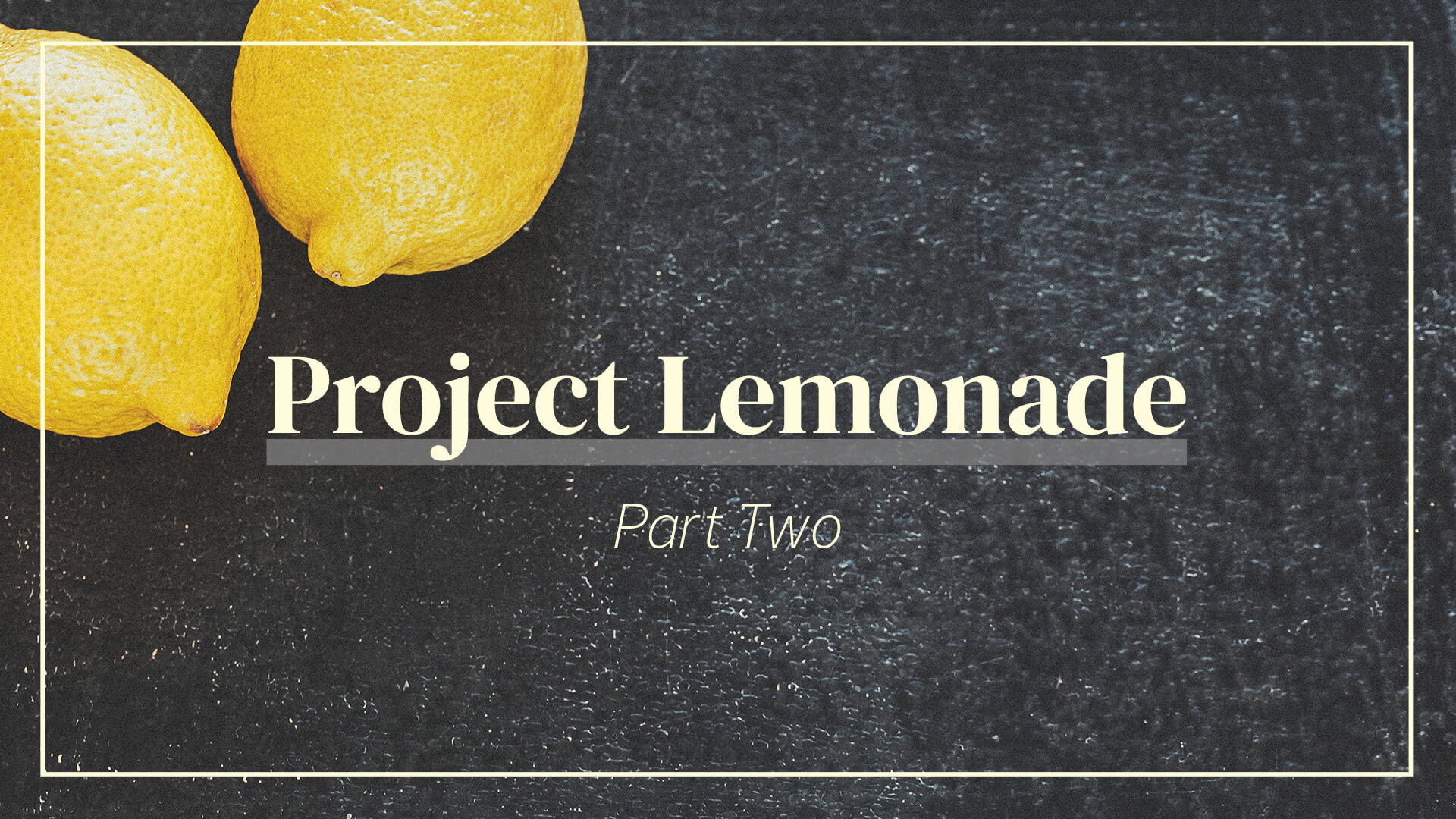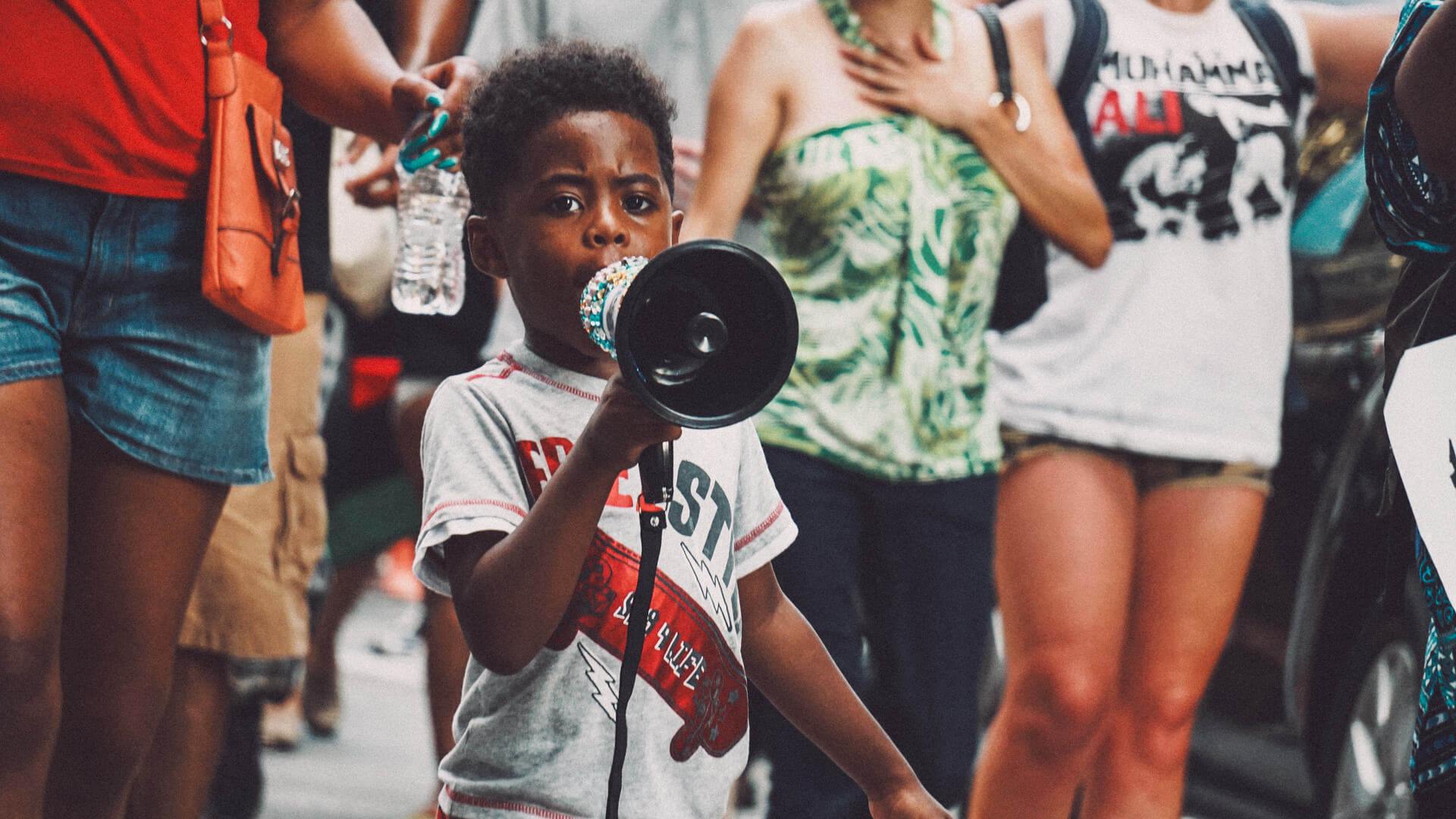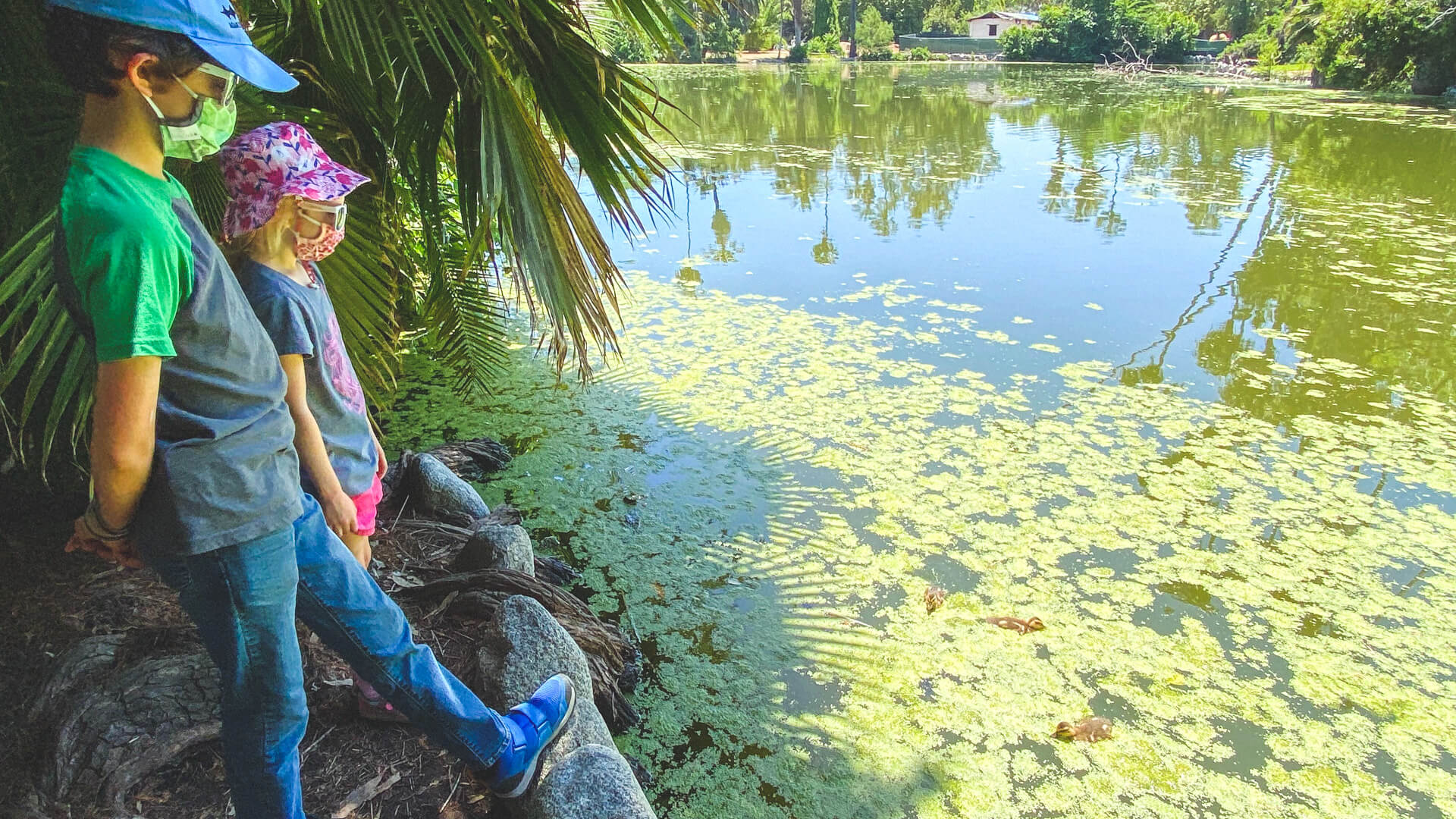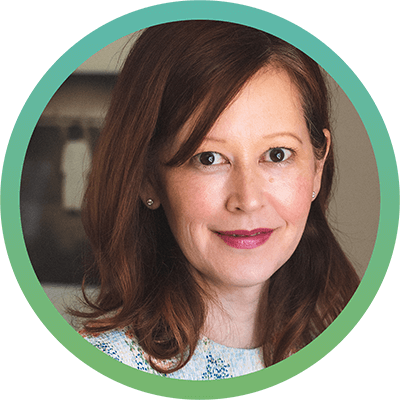
I’ve been trying to get a bird’s-eye view of the last three months. With so much to process, it can be disorienting. Closer to the ground, the earth is shaking and shifting beneath our feet. Everyone is grappling with a wide range of intense emotions that get more and more complex.
COVID-19 has been dominating and devastating our lives. As the United States and countries all over the world pass one grim milestone after another, it’s clear that the immediate impacts of coronavirus disease 2019 will last well into 2021. And there is suffering of every conceivable dimension.
At the same time, the news is full of stories of people who are getting well, being brave, serving others, and adapting to quarantine life in many clever ways. There are also innumerable moments of laughter, joy, kindness, generosity, and hope. I want to acknowledge and support these positive developments, too.
And then suddenly another excruciating episode of police brutality ignites waves of protest, strife, and anguish in the hearts of millions.

Sensing Another Shift
The object of my mindfulness practice is being present as well as intentional, and grateful as well as adaptable—in other words, how to be grounded in the moment while moving forward with a guiding aspiration, and how to appreciate what life has given and be ready to change as life unfolds.
When the quarantine began, I decided to write an article each week to provide additional support to parents and families for as long as the pandemic lasted. This effort became a part of my practice. It’s important to feel useful and to develop a sense of purpose that can meet the times.
I wrote last week about ways that we could take stock of the stresses, anxieties, and uncertainties that affect our lives in periods of heightened distress. I wanted to explore the opportunities and possibilities for good that we might nonetheless find today. And then I began to realize that something fundamental about this already disconcerting experience of life under quarantine was inexplicably changing.
A couple close friends and a family member—strong, resilient people—each confided to me that, almost overnight, their internal experiences of sheltering in place had turned a corner where exhaustion, demoralization, and resignation loomed not far ahead.
The truth is, what we are asked to accept now is not what we accepted last week. What we were asked to accept last week is not what we accepted last month. And what we accepted last month is certainly not what we were asked to accept when this pandemic began.
Responding by Returning
Especially in the midst of chaos and crisis, I have to rely on the simplest tool: Return to the breath. What’s happening in the body?
Here in the present moment, we can bear witness to the tragedies that are happening in the world while also asserting a will to grow, desire to create, and need to make meaning.
At the same time, we can bring a compassionate awareness to the situations in which we find ourselves and strengthen our ability to improve them.
What was your experience of this past week? How are you holding up? Perhaps something changed for you, too. Often the body knows first. Gently guide your attention to the breath, staying with the rhythm of your inhales and exhales. Does a particular thought or image arise in the mind? What calls for your attention? Is there a corresponding feeling in the body?
As I sit quietly, I notice tension in my shoulders and a tightness in my chest. I stay with these sensations until a fuller breath comes in. As my shoulders drop, my posture adjusts to expand my heart center. I experience a softening and a connection to feelings of agency and efficacy.
From here what makes sense for me is a return to my mindfulness practice: presence, intentionality, gratitude, and adaptability. Being a family therapist and a mindful parenting coach is my calling. Raising my children and caring for my family is my life’s purpose. This practice of mindfulness enables me to fulfill my calling and purpose. They all fit together.
I was moved last week to ask, in the context of the pandemic, “What is here before me right now? What can I do with it?” I’m writing in my makeshift living room office. The kids are playing outside. These urgent questions are still relevant to us.
Our Family’s Week
I’d like to share something about my family during this past week.
My kids have gotten deep into Greek and Roman mythology. They love the stories. They made elaborate costumes, tools, and accessories. They created a cast of gods and goddesses and invented an alphabet and a language. All around the house empires of cardboard blocks and paper rose and fell. Are my kids using myth to make sense of what they don’t understand?
They enjoyed bird-watching with binoculars, which is becoming a new hobby, and learned how to bake bread with their dad. I researched local social justice organizations, reached out to an elderly relative, and made progress with the stack of books on my night table.
As a family, we spent several afternoons hiking around Descanso Gardens and the L.A. County Arboretum. We saw peacocks spreading their feathers, baby ducklings learning to swim, tadpoles, turtles, and beautiful blooming flowers.
We played board games and watched nature documentaries. We rediscovered our art supply cabinet and got lost in art journal pages. And we continued planning a birthday party-at-home for one of us who’s entering double-digits this week.
We also looked for ways to be of service. We had important conversations about our responsibility to stand up for racial equality. Some kids in the neighborhood, including mine, taped encouraging signs and drawings related to the quarantine as well as to social justice outside their houses; others placed stuffed animals in their windows so passers-by would see them on their walks and bike rides.
The opportunities and possibilities for good were right here. We found them in playing, being engaged with activities and conversations that are meaningful to us, and spending time together.

Time to Reflect
Have you been able to reflect on the things that life has brought to you during these last days and weeks? Could you imagine how something good might be found or made with them?
I hope that sharing about my family’s week conveyed my inclination to find good within our own day-to-day activities and experiences. Certainly with a mindfulness practice, this approach is helpful, grounding, and enriching for me.
As you move through each day in the week ahead, please consider how individual activities are experienced by you, your kids, and your family. Each experience, in and of itself, is meaningful. How does your mindfulness practice help you to appreciate those meanings?
Weaving these various activities and experiences together into a story of your family’s week may reveal new meanings. A broader perspective often shows how meanings develop in relation to each other. Indeed, shifting between a view on the ground and the bird’s-eye view can help us to see the good that’s created within our own relationships. We can build from there.
There’s been so much to sit with and make sense of this past week. Staying with each moment as it comes can allow us to connect to our feelings and act more deliberately. I’ll continue to seek what’s good in my life and in the world, while also working hard to affect change in the ways that I can. One of the greatest gifts of taking mindful action is that it can move us from a feeling of despair into a felt sense of our own agency. And it connects us to our larger communities, reminding us that we’re not alone.
